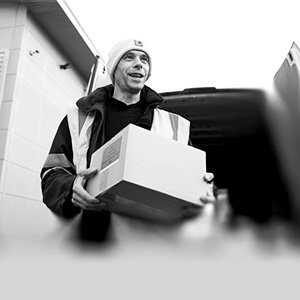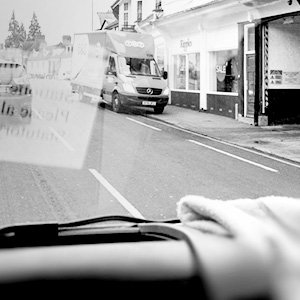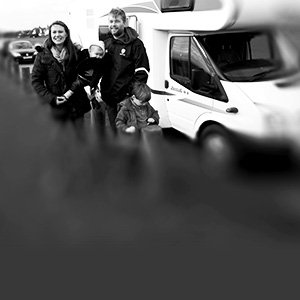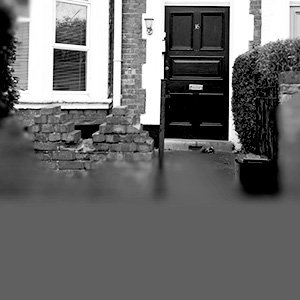Car auctions play an important role in the motor trade industry – they are a popular place for traders to buy and sell used cars. If you’ve never been to a car auction before then be ready for a memorable experience. They’re a fast-paced, high energy affair so you’ll need quick wits and hands faster than Billy the Kid to succeed.
This guide will give you useful information on how to get the best deal at an auction and avoid the lemons (faulty cars).

WHY GO TO A CAR AUCTION?
Apart from the buzz and adrenaline, there are other fantastic reasons to go to a car auction. Over 12,000 cars are sold every week through auction in the UK and they are an excellent place to buy cars cheaply, which as a motor trader is ideal. Most cars that turn up at auctions are part-exchange vehicles, old dealership stock or ex-hire and fleet vehicles meaning that there are bargains to be had.
THINGS TO DO BEFORE THE AUCTION
Itching to get involved and find that deal? There are a few things that you need to do before you even set foot in the auction house and part with your cash.
OBSERVE
For your first couple of auctions you are better off leaving your money at home, don’t be tempted to dive in headfirst without testing the water! Car auctions can be an intimidating place and it is advisable that you sit back and see what goes on. Get a feel for the environment and how other buyers behave.
DO YOUR HOMEWORK
Feeling comfortable and ready to buy a car at an auction? One of the first things you need to do is have an idea of what type of car you want to buy.
Next, you need to choose an auction to go to. British Car Auctions (BCA) and Manheim are good places to start, but there are plenty of smaller local auction houses to get stuck in to. Before you travel make sure that the auction has the type of car that you’re after first. Do this by checking the online catalogue or contacting the auctioneer. Some auctioneers are specific about how they receive payment so check the type of credit or debit cards that can be used.
Now that you know the type of car you’re after and where you’re going to bid for it, you need to think about the money. From your research, you should have a good idea how much the type of car you want goes for at auction. Knowing this you should set yourself a budget and stick to it, don’t get drawn into bidding wars with rival buyers; remember there’s always next time! You’ll also have to pay a buyers fee if you’re successful.
AT THE AUCTION
Now that you have visited a couple of auctions as an observer, know the type of car you’re after, which auction you’re going to and how much money you will be spending you should be ready to attend an auction as a buyer.
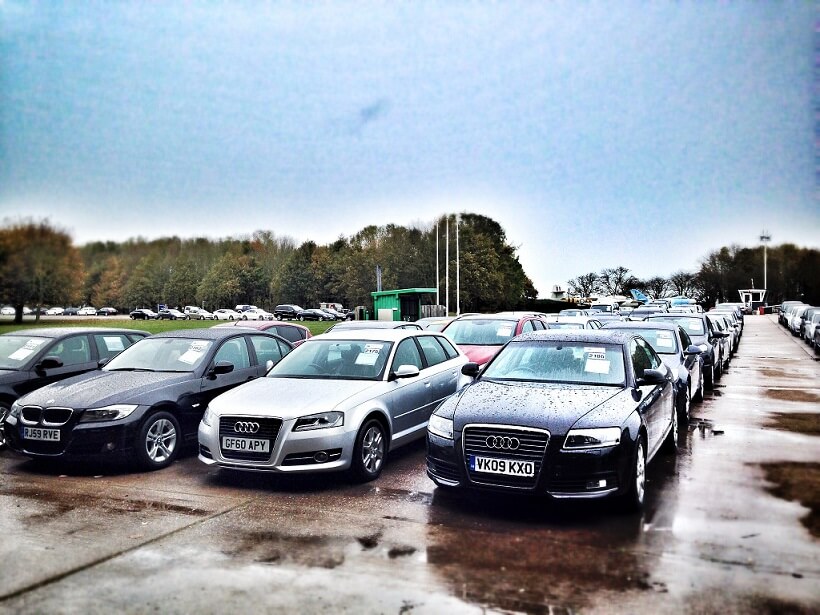
Image Source: Car leasing made simple on Flickr
ARRIVE EARLY
You are best off arriving at the auction bright and early; this will give you the chance to have a look in the buyer catalogue that is usually handed out. These contain lots of important information about the car (known as ‘lots’ at auctions) you are looking to buy such as description, its history and condition. The catalogue will also detail the reserve price for the car.
You will also have the opportunity to physically inspect the car. Make sure everything is in good order by turning on the engine (listen for rattles and look for excessive blue or white smoke coming from the exhaust), check the bodywork and under the bonnet too. It is also useful to do a vehicle history check and MOT history check to avoid any nasty surprises.
BIDDING
This is the exciting part, where quick hands and sharp ears will be crucial. The cars are brought into the auction room one after another, and the car for sale is parked in front of the buyers. The auctioneer will read out some important information about the vehicle so listen carefully.
To make a bid raise your hand or catalogue, you must be quick. Make sure you keep an eye on the price and who else is bidding.
PAYMENT
If you’re the top bidder, you will have to pay a deposit on the vehicle. This is usually 10% of the sale price, but it can sometimes be £500 or 20% of the sale price – whichever one is more.
Before you can drive the car away you will need to make sure the vehicle has valid MOT and insurance.
